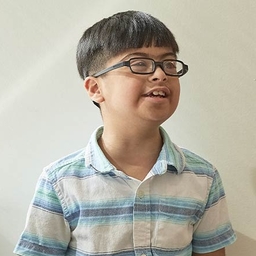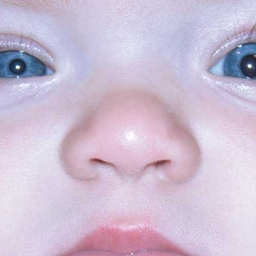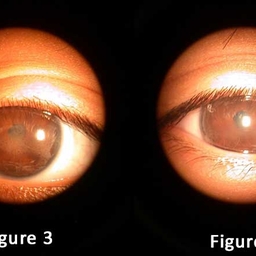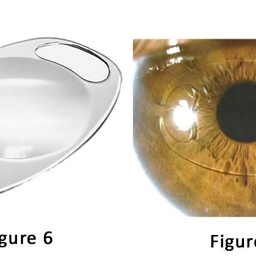Search the Newsroom
Filter By
News Type
Showing 1 - 10 of 32 results
Two CHOP Patients with an Inherited Blindness Successfully Treated with Gene Editing
The findings from the clinical trial were published in the New England Journal of Medicine.

How Vision Can Support or Delay Learning in a Child with Down Syndrome: Part 3
Once an individual collects visual input from their environment, they must organize, interpret, evaluate this information to make decisions about how to interact with their environment.
Coping with a Dual Diagnosis
Parents are usually blindsided when they find out that their child has congenital hyperinsulinism (HI), a rare genetic disorder that depresses blood sugar to dangerously low levels.
CHOP and COG Will Validate New Tool to Measure NF1-Related Progressive Vision Loss
CHOP researchers will use optical coherence tomography (OCT) to measure vision changes associated with NF1-related optic pathway gliomas.
Children’s Hospital of Philadelphia Appoints New Ophthalmology Division Chief
Today, Children’s Hospital of Philadelphia (CHOP) appointed Gil Binenbaum, MD MSCE as Chief of the Division of Ophthalmology.
New Cell Models Help Researchers Study Disease Development and Growth Issues in Beckwith-Wiedemann Syndrome
New Cell Models Help Researchers Study Disease Development and Growth Issues in Beckwith-Wiedemann Syndrome

When Anisocoria Signals A Bigger Problem
A 10-month-old female infant was referred to the Neuro-ophthalmology clinic at Children’s Hospital of Philadelphia for a new-onset lid ptosis and pupillary miosis on the right side.

Partners In Preventing Eye Disease: Rheumatology And Ophthalmology
A 4-year-old boy presented to the emergency room reporting 2 weeks of right knee pain, swelling, and limping.

Pediatric Aphakia And Where To Place An Intraocular Lens
In our busy CHOP Ophthalmology practice, we see many aphakic (an eye without the natural crystalline lens) children.
Revised Criteria Lead To More Accurate Screen For ROP In Premature Infants
A multicenter group of 41 hospitals led by researchers at Children’s Hospital of Philadelphia has confirmed that an improved method for predicting retinopathy of prematurity (ROP) was able to reduce the number of babies having invasive diagnostic examinations by nearly a third, while raising disease detection up to 100%.